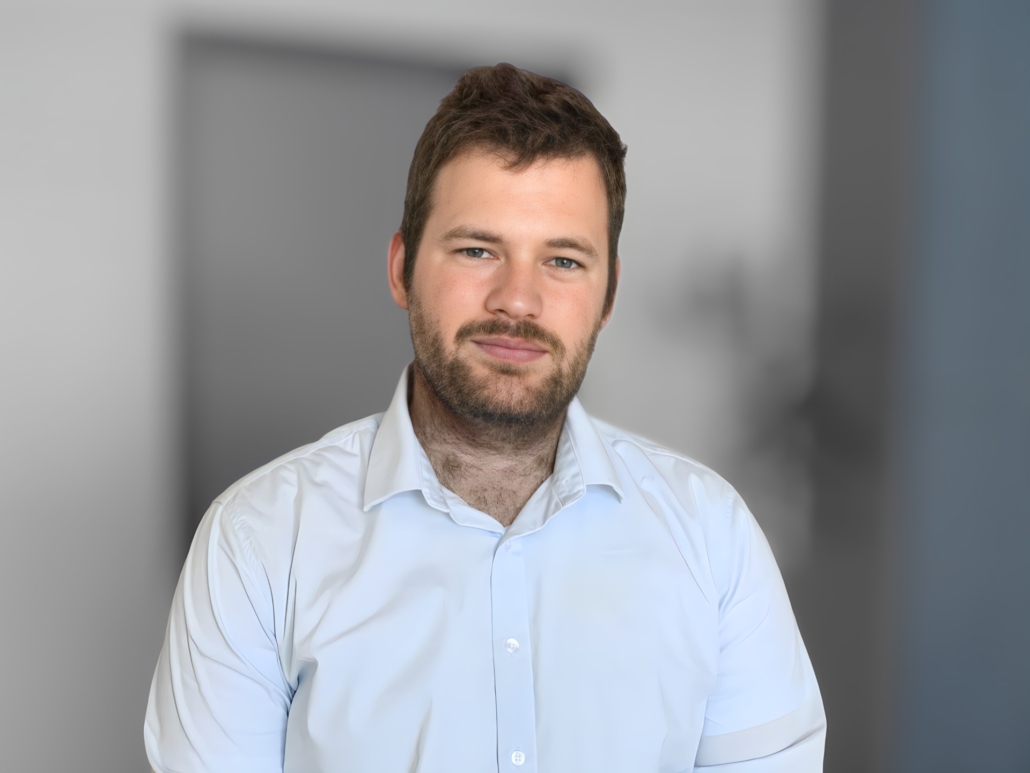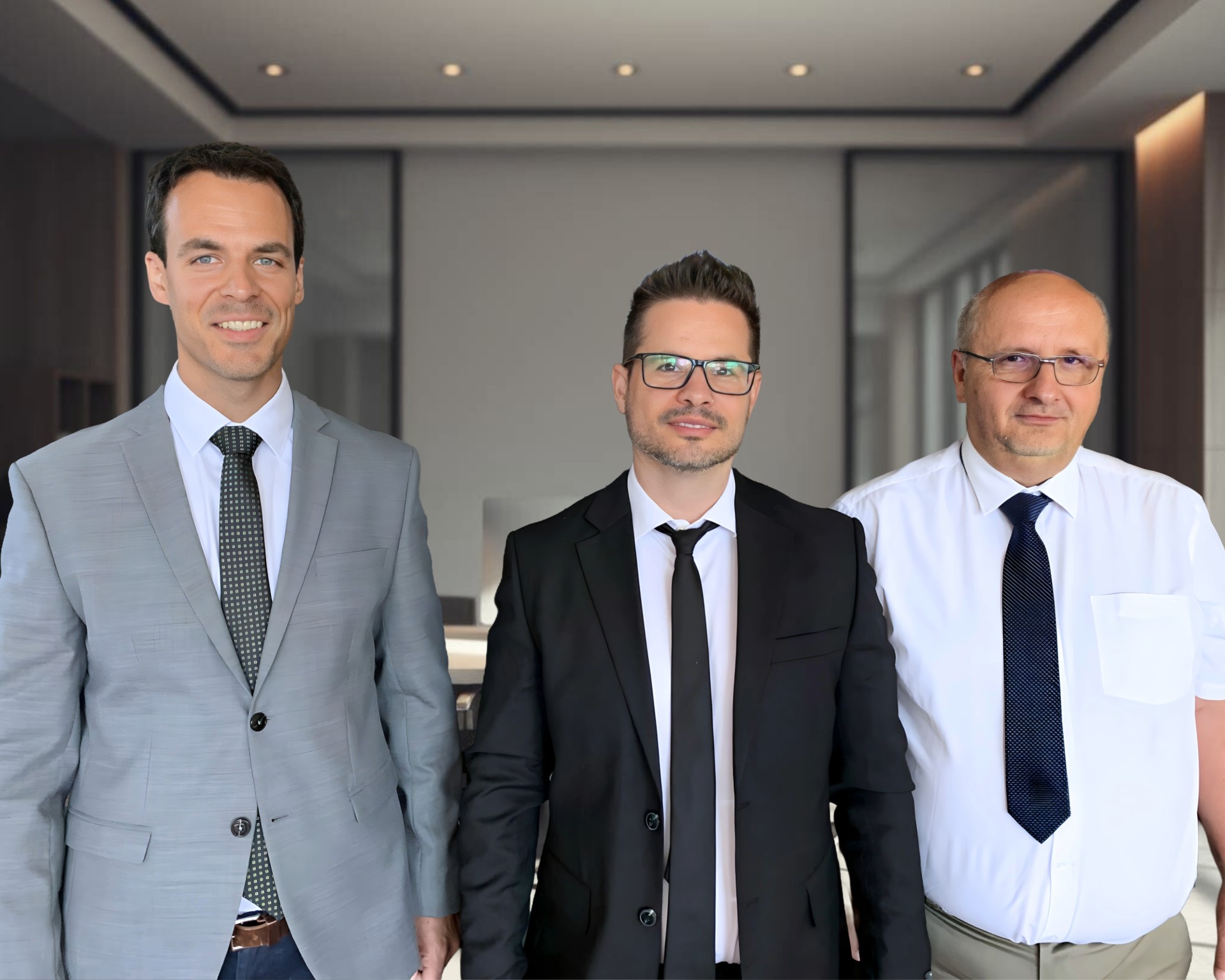“They Know What They’re Doing” – Industry Experts and a Graduate Reflect on the BME Final Examination
At the final examination of the Department of Automotive Technologies at the Budapest University of Technology and Economics (BME), it quickly became clear this summer that the event was much more than a traditional assessment. Through the students’ presentations and the reflections of industry representatives, it was evident: the next generation of engineers is not only well-prepared but also confident and credible in representing their knowledge.
Below, we share insights from three industry experts and a recent graduate — first-hand.
Dr. Andor Bauernhuber, examination board member
Materials Testing Engineer, Audi Hungaria Zrt.
“It’s always interesting to see how young people respond to this situation,” said Dr. Andor Bauernhuber, a returning board member, who often observes how nervous Hungarian students can be. “International students, by contrast, tend to approach it more casually — as if they’re preparing for a pleasant conversation. Yet, none of their lives are on the line — and it would help if everyone kept that in mind.”
He believes the final exam is not just about knowledge but also about how that knowledge is presented. “When someone gives a presentation, that’s how they convince us they’ve done the work and understand the topic. Preparation matters — but it’s just another task. No need to overdramatize it.”
He was impressed with this year’s students: “Several of them are people I’d gladly work with. You can tell they understand what they’re doing and know how to communicate their work effectively.”
What matters most for future engineers, according to him, are language skills, curiosity, and diligence. “Technical knowledge can be learned. It’s your attitude that determines whether you become a great engineer.”

Dr Andor Bauernhuber congratulates one of the candidates.
Gábor Balogh, examination board member
Senior Technical Advisor, BYD Electric Bus & Truck Hungary Kft.
“Well-prepared, high-quality presentations. I can only offer my congratulations,” summarized Gábor Balogh, who particularly praised the Bosch-themed project and another on composite materials that aligned with his own interests. “It was clear that students had deeply engaged with their topics — and that the university is preparing them effectively.”
He sees flexibility, openness, and continuous learning as essential qualities for engineers today. “BME provides a strong foundation — but students must go beyond that. I advise them to keep an eye on global trends, not just the domestic industry.”
His advice for future candidates: “Know your topic inside out, be confident, and stand by your knowledge — even when asked tough questions. The board isn’t trying to find flaws, but potential. And that’s good to keep in mind.”
Róbert Sik, examination board member
Group Leader, System & Hardware Application Engineering,
Continental Automotive Hungary Kft.
“It was a great experience. I saw excellent presenters who knew their topics well and spoke with confidence,” said Róbert Sik, who left the exam with a strongly positive impression. “Back in my day, we weren’t taught presentation skills — but these students made eye contact, stood tall, and structured their talks logically. This is a great generation.”
He found value in every topic but especially appreciated how thoroughly the students had worked through their material. “We couldn’t catch them off guard. Even under tough questioning, they knew exactly what they were doing — that’s the sign of real depth.”
In today’s fast-changing automotive world, engineers must adapt quickly. “Trends shift daily — internal combustion engines are even back in focus. You have to keep up.” According to Sik, three things are essential: technical knowledge, adaptability, and language proficiency.
His advice to future candidates: “Recognize your strengths and learn to present them well. Self-marketing is vital. If you know what you know — and can show it — you’ll be competitive.”
He sees the university–industry relationship as strong: “There’s always room to grow, but the fact that I could be here and gain insight shows we’re moving in the right direction.”

Ádám Ailer
Ádám Ailer, graduating student
BSc in Vehicle Manufacturing
“I truly enjoyed it,” said Ádám Ailer, a graduating student who was pleased with the reception of his presentation. “I got questions I was ready for — and answering them felt good.”
What made the experience special for him was the presence of industry professionals on the board. “These are experts who deal with such challenges daily. Their questions were precise and realistic.”
He received significant help in preparing his thesis and presentation from both his university advisor (Dr. József Hlinka) and his industry mentor. “They supported me with content, language, visuals — it was a great collaboration.”
He offered specific advice for future candidates: “Develop your thesis thoroughly, and then condense that deep knowledge into a presentation with clear visuals and diagrams. And practice — because this isn’t an everyday situation.”
As for his future? He hopes to stay in the field. “I’m currently a trainee at Continental. If an opportunity opens up, I’d be happy to stay. Things are still in motion, but the direction is clear.”
Reflecting on his years at BME: “There were tough semesters, but the final phase was very well-structured and enjoyable.”
Conclusion
The final examination not only showcased student performance but also reflected the quality of education, the strength of industry relations, and the trust placed in the next generation of engineers. According to industry experts, the BME Department of Automotive Technologies is on the right path — and its students truly know what they’re doing.
And they know how to show it.
 BME GJT
BME GJT BME GJT
BME GJT